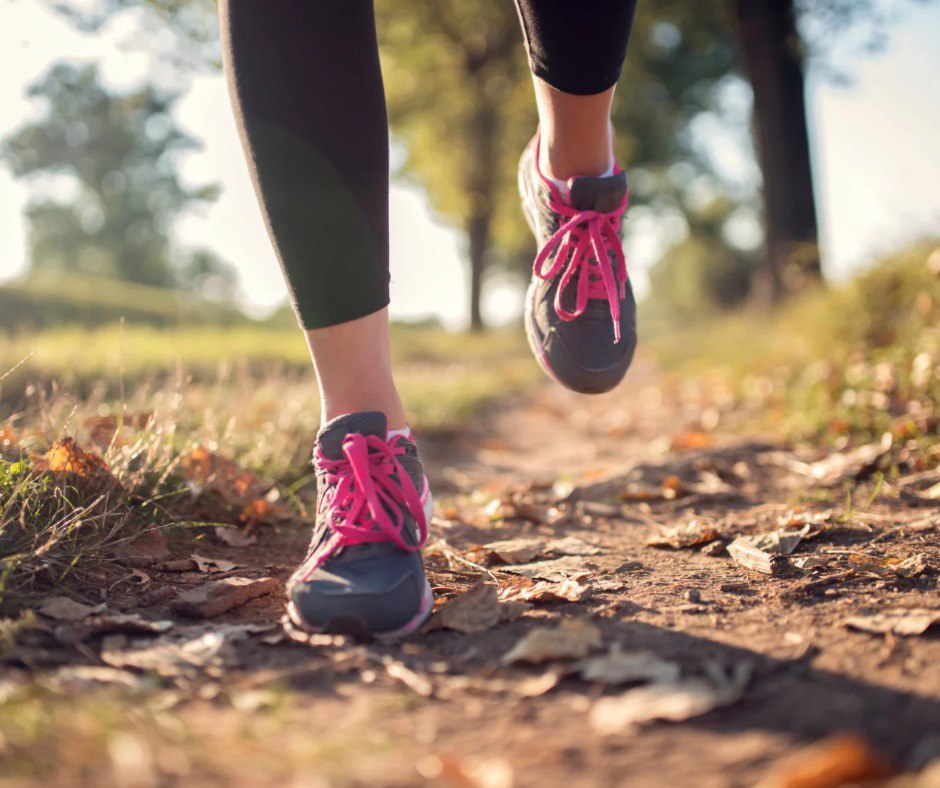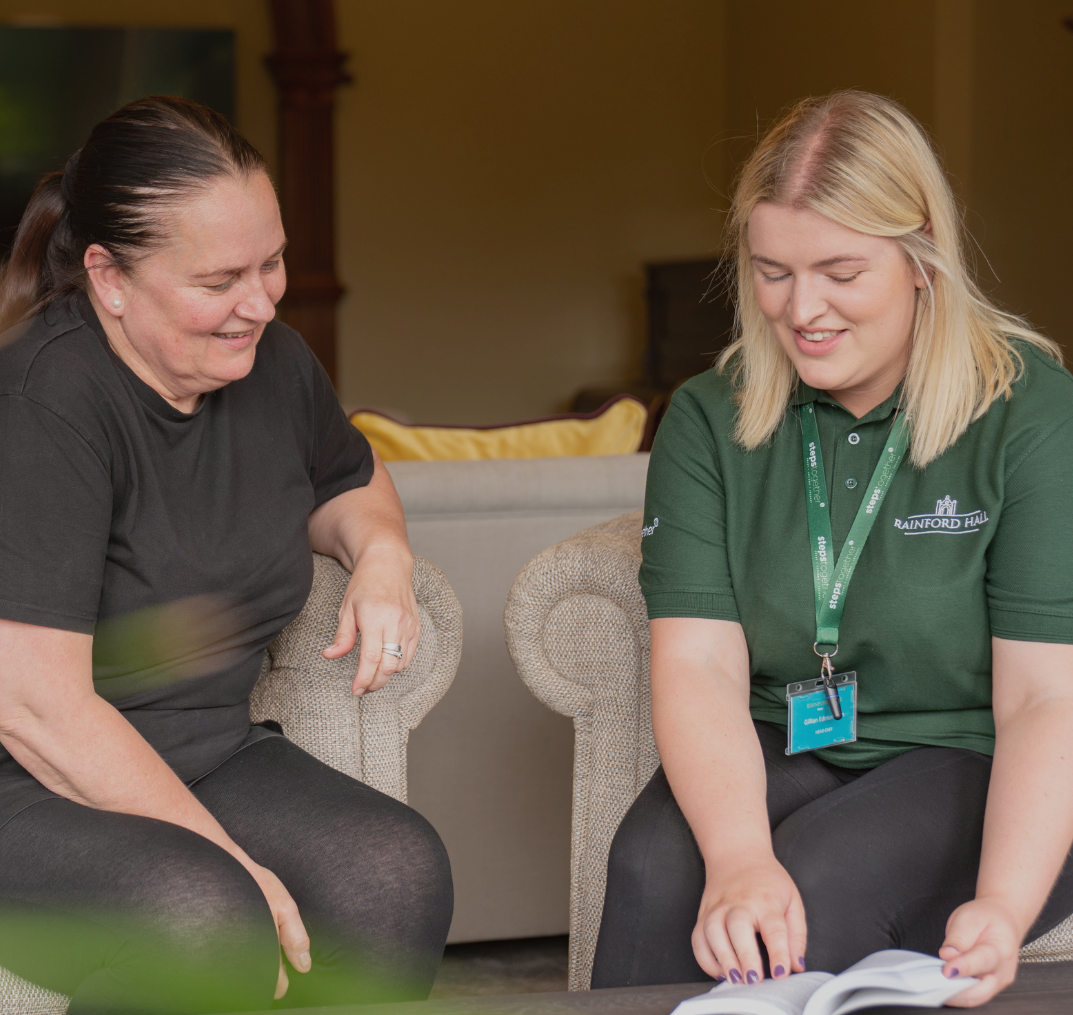Mental Health Awareness Week: Moving More for Our Mental Health
This Mental Health Awareness Week, we’re highlighting the importance of movement for our mental well-being. Physical activity has been shown to have numerous benefits for our mental health, including reducing stress, improving mood, and boosting self-esteem.
Nick’s Story: From Addiction to Marathon Runner
Nick, a colleague at Steps Together, has first-hand experience with the transformative power of movement. After getting clean and sober in 2015, Nick embarked on a journey to live a healthier and happier life.
“On October 19th, 2015, my life changed for good. I had finally surrendered and accepted that I could no longer live my life the way that I was – quite simply, I was done. I didn’t want to continue living but was too scared to die – I desperately wanted to stop drinking but was consumed with the fear of how I would exist without it – I had become entirely dependent; it consumed my life and had become all I knew.
From that day, I embarked upon a journey of recovery and, as a result of reaching out for help, listening to the advice of others for the first time in my life and continuing to maintain a recovery programme – I have never needed to use a mind-altering substance since.
Honestly, if I can do it, anyone can – it just takes honesty, open-mindedness, and willingness…and, most importantly, a willingness to change.
Recovery today makes everything possible.
Two weeks ago, I ran and completed my first ever London Marathon – running 26.2 miles to raise money and awareness for Cancer Research – a charity close to my heart after losing my Mum in 2009. Thanks to the support of friends and family I managed to raise nearly £4000.00. Without recovery, this simply would not have been possible.
My recovery has given me, and continues to give me, everything. I’m super grateful today – even if my knees aren’t…”
After months of training, Nick crossed the finish line of his first marathon earlier this year. It was an incredible accomplishment that symbolised his recovery and his commitment to living a healthy life.
Why Movement is Good for Your Mental Health
Movement has been linked to improved mental health in a number of ways:
- Reduces stress: Exercise releases endorphins, which have mood-boosting effects.
- Improves mood: Regular physical activity can help to alleviate symptoms of depression and anxiety.
- Boosts self-esteem: Completing physical challenges can give us a sense of accomplishment and improve our self-perception.
- Increases social interaction: Many forms of exercise involve interacting with others, which can help to reduce loneliness and isolation.
- Improves sleep quality: Regular exercise can help to regulate sleep patterns and improve overall sleep quality.
How to Get More Movement in Your Life
Even small amounts of movement can make a difference for our mental health. Here are a few tips for getting more movement in your life:
- Start small: If you’re not used to exercising, start with short walks or other easy activities.
- Find something you enjoy: Choose activities that you find enjoyable, as you’re more likely to stick with them.
- Make it a healthy habit: Schedule regular time for exercise and treat it as a priority.
- Get support: If you find it hard to get started or stay motivated, consider joining a group or working with a fitness professional.
Movement is an essential part of a healthy lifestyle, and it can also have a profound impact on our mental health. By incorporating more movement into our lives, we can improve our mood, reduce stress, boost our self-esteem, and enhance our overall well-being.
Help and Support
If you, or a loved one are experiencing difficulty with addiction or mental health issues, please contact us today for a FREE and confidential consultation on 0330 175 7031.






